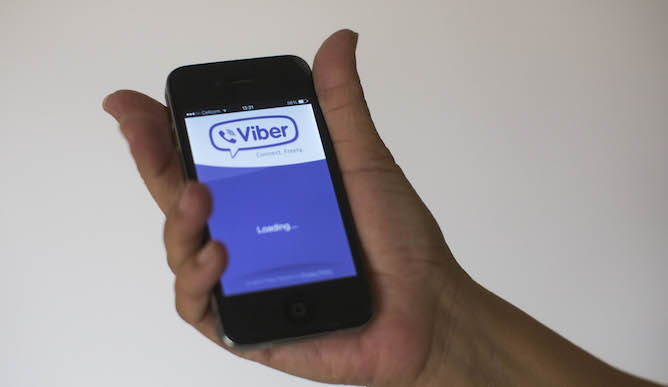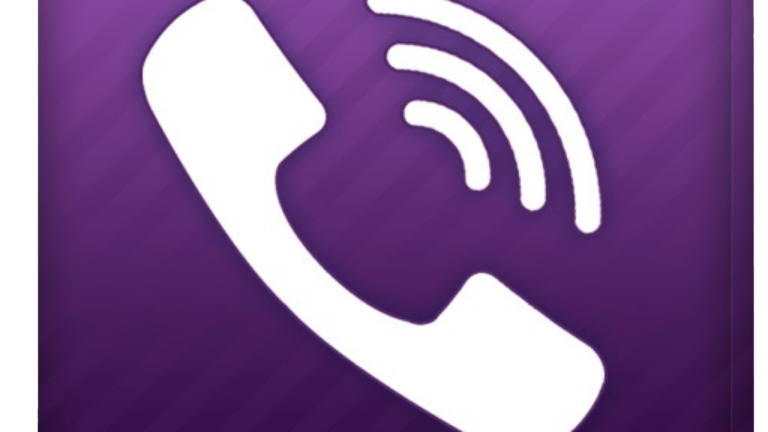Until Japanese e-commerce giant Rakuten agreed to pay up to $900 million for call-and-messaging app provider Viber Media, the startup founded by Israelis had never received a single shekel, dollar or yen of venture capital. It grew to 280 million users in nearly 200 countries on bootstrapped funds and a whole lot of chutzpah.
That’s just one of the unusual aspects reporters have dug up since the news broke on Valentine’s Day about the sweet deal for Viber Media, whose founders have not been responding to requests for interviews.
Another surprising fact: Viber doesn’t offer an entirely unique product. Offered as a free download to Android, iPhone, Blackberry, Windows Phone, Nokia and Bada devices, as well as Mac and Windows computer operating systems, Viber’s instant messaging and voice-over-Internet protocol (VoIP) service faces stiff competition from rivals such as Skype, WhatsApp, WeChat and Line.
Viber CEO Talmon Marco has been quoted as saying, “I think competition drives innovation. I doubt we would be where we are today, from a feature set standpoint, if it weren’t for our competition.”
According to Henry Mance of the Financial Times, since Viber’s December 2010 debut it has grown impressively but nevertheless has not nearly matched the number of subscribers to either WhatsApp (430 million) or Skype (more than one billion), although it is especially popular in some markets, including Vietnam and the Philippines.
Even more surprising is that Viber posted a net loss of $29.5 million on revenues of $1.5 million for 2013.
‘The ideal consumer engagement platform’
Obviously, however, Viber offers something worth the huge price tag.
Rakuten CEO Hiroshi Mikitani explained in a Tokyo press conference that the company sees Viber as “the most consistently high quality and convenient messaging and VoIP experience available. Simply put, Viber understands how people actually want to engage and have built the only service that truly delivers on all fronts.”
He added: “If we didn’t buy now, I don’t think we could have bought it later, it’s growing so fast.”
Reportedly, Viber will provide a distribution channel for Rakuten’s digital products, while the parent company plans to create a game platform on Viber.
Rakuten owns the largest e-commerce platform in Japan and the sixth largest in the world, with 200 million users. According to the Wall Street Journal, Rakuten is earning $5.1 billion in annual revenue from its huge online shopping mall, travel service and bank.
Mikitani said it would have been impossible for his company to develop a similar call-and-messaging technology on its own.
He called Viber “the ideal total consumer engagement platform for Rakuten as we seek to bring our deep understanding of the consumer to vast new audiences through our dynamic ecosystem of Internet services.”
Viber’s Marco said at the press conference: “This [acquisition] presents an amazing opportunity for Viber to enhance our rapid user growth in both existing and new markets. Sharing similar aspirations with Rakuten, our vision is to be the world’s No.1 communications platform and our combination with Rakuten is an important step in that direction.”
Something Grandpa can figure out
Here is another unusual fact about Viber. Though the cofounders Talmon Marco, Igor Megzinik, Sani Maroli and Ofer Samocha are Israeli citizens, the startup is not based in Tel Aviv. It’s registered in Cyprus and maintains development offices in Belarus, China and Israel. Altogether it employs about 100 people.
Marco was born in Israel, raised mainly in the United States, and served in the Israel Defense Forces as chief information officer of the central command in the 1990s. After his military days, he and his friends founded startups including file-sharing service iMesh, and used the iMesh profits to start Viber.
“We wanted something that would be super easy to use,” Marco told The Next Web in May 2013. “It would be the app you love and your grandpa can use without your help. We figured it was going to attract people because of the price but it had to be a great experience if people were to stay on board.”
Indeed, Viber integrates seamlessly into the user’s contact list, enabling free calls to other Viber users anywhere, and calls to non-Viber users for a small fee. The free installation doesn’t require registration or choosing an ID separate from your phone number. The app saves a copy of each user’s address book on Viber’s servers.
According to a report in Ha’aretz, Marco emailed Viber’s Israeli employees assuring them that the company would not only keep the local development office open but would boost its development budget.
The Rakuten deal is supposed to be closed in March, and reportedly the final purchase price is contingent on Viber meeting certain business targets.















